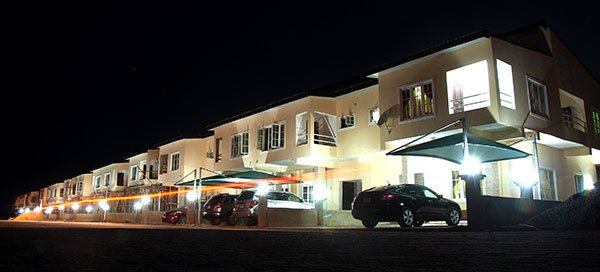
Economic Red Flags: Nigeria’s Debt Repayment Exceeds Recurrent and Capital Expenditures
Key Points Nigeria’s recurrent spending has significantly increased, creating an infrastructure gap. Debt repayment currently exceeds both recurrent and capital

Key Points Nigeria’s recurrent spending has significantly increased, creating an infrastructure gap. Debt repayment currently exceeds both recurrent and capital

Key Points The All-Commodity Group Import Price Index increased by 0.51% on average in Q1 2024. The All-Commodity Group Export

Nigeria has officially requested an 18-month extension on the World Bank’s $800 million palliative loan to bolster its social safety

Nigeria’s letter of credit payments has descended rapidly by 63 per cent in the first quarter of 2024 compared to

The World Bank has been requested by the Socio-Economic Rights and Accountability Projects (SERAP) to immediately halt any additional loans

The current administration led by President Bola Tinubu has, since its first day in office, embarked on some laudable measures

Mobilizing Diaspora Bonds, ramping up crude oil production and providing the enabling fiscal/monetary policy framework are key steps the government

According to traders and executives who spoke to Reuters, Nigeria has accumulated debts of up to $3 billion to commodity

On Thursday, the Debt Management Office announced that Nigeria’s public debt stock had risen to N46.25tn or $103.11 billion as

On the 16th of January 2023, the Debt Management Office released the bond issuance calendar for the First Quarter of

“The country’s debt profile under President Buhari is in stark contrast with that of President Olusegun Obasanjo who met a

“Egie Akpata, a Nigerian investment banker and an active player in the capital market is of the opinion that Nigeria











Get notified about new articles